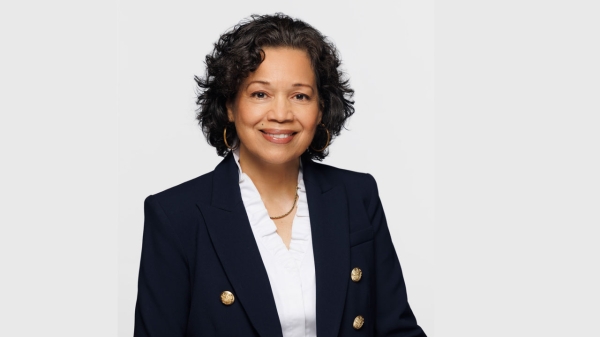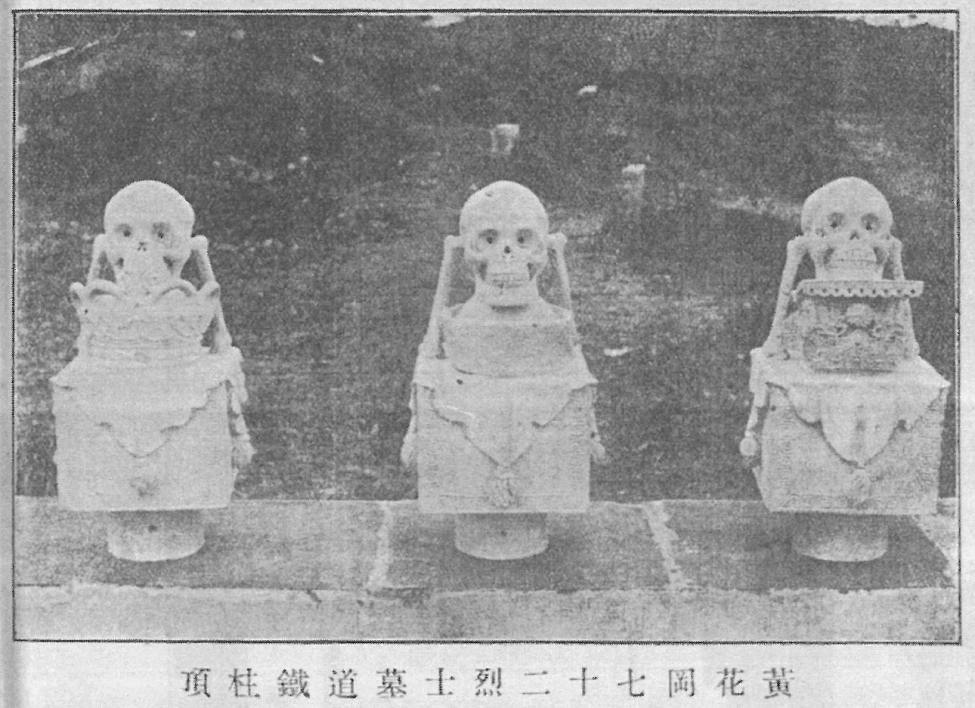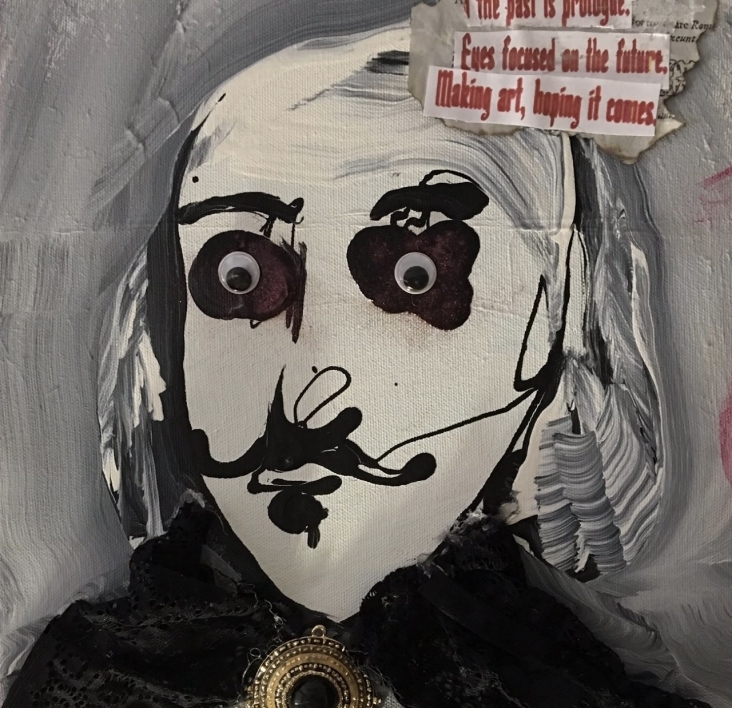Fighting ‘dehumanization’ with the humanities
ASU Institute for Humanities Research announces new cohort of fellows for 2020-21 academic year

Photo by Unsplash
The year 2020 has proven to be one full of heartache, fear and anger. Social injustices that have existed in the U.S. for generations are now being thrown into sharp relief.
What can the humanities teach us about confronting the inhumanity lying bare before our eyes? The Institute for Humanities Research at Arizona State University seeks to answer this question with its new cohort of fellows for the 2020-21 academic year. The year’s fellowship theme, “Recovering the Human(e) in an Age of Dehumanization,” addresses the very issues that many are currently pleading to have resolved.
“In recent months, COVID-19 has not only isolated us but exacerbated the rifts and inequalities that exist in the systems that we have historically placed trust in, and the continued violence against Black Americans in this country is another dehumanizing force,” said institute Assistant Director Liz Grumbach. “Our incoming fellows cohort has a challenge ahead of them: to theorize and study what it is to be human when humanity is facing great, and global, challenges.”
The four fellows are Dave Fossum, assistant professor in the School of Music; Ana Hedberg Olenina, assistant professor in the School of International Letters and Cultures; Linh D. Vu, assistant professor in the School of Historical, Philosophical and Religious Studies; and James E. Wermers, clinical assistant professor in the College of Integrative Sciences and Arts and faculty fellow at the Center for the Study of Race and Democracy.
“While it sometimes feels like it, we are not alone today in wondering what it means to be humane,” said institute Co-Director Ron Broglio. “To help us understand what it means to be humane and human today, these fellows are exploring aligned concerns from other historical periods and geographic locations.”
The following are the different topics each fellow will research:
- Disembodiment of Sovereignty: Human Remains, Modern China and the World (Vu).
- Eisenstein’s Embodied Spectatorship in the Context of Contemporary Neuro-cognitive Approaches to Film (Hedberg Olenina).
- Making Copyright Global: Musical Creativity and Intellectual Property in Turkey (Fossum).
- Teaching Shakespeare: White Supremacy and Dehumanization in U.S. American Education (Wermers).
The fellows will conduct their research throughout the academic year and will meet monthly to share insights from their various areas of expertise as well as plan a public event to share their work with the community. They will also, with assistance from the institute's Research Advancement Administrator Sarah Moser, seek out external funding opportunities to advance their work after the fellowship period ends.
Fossum is looking forward to developing his research in conversation with scholars from other disciplines. “Such conversations challenge a researcher to frame their project in ways that speak to a wider audience than their own disciplinary field,” he said.
In the coming year, the Fellows Program will continue to bring together interdisciplinary and diverse perspectives and lead important humanities discussions.
“In this moment, the humanities and arts feel so vital for not only survival, but empowerment and uplift,” Grumbach said. There is no better time than now to expand the dialogue on the human, the humane and the crucial role of the humanities in solving the world’s biggest problems.
More Law, journalism and politics

CBS News president to give keynote address at Cronkite School’s spring convocation
Ingrid Ciprián-Matthews, president of CBS News, will serve as the keynote speaker at Arizona State University’s Walter Cronkite…

School of Politics and Global Studies director's new book explores mass violence
Why do people commit atrocities and why are certain groups, including religious and ethnic, more vulnerable to large-scale…

ASU faculty contributing to improvement of Wikipedia
Many academics have a love-hate relationship with Wikipedia. While the website has information about almost anything you can…



